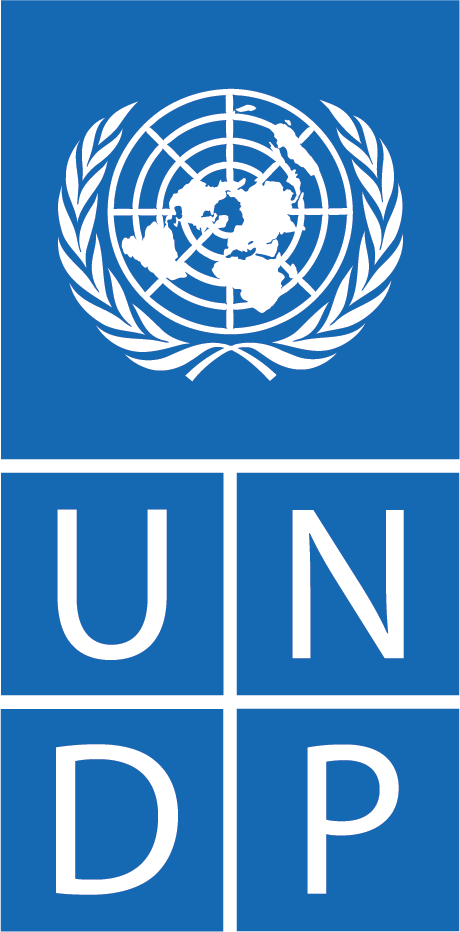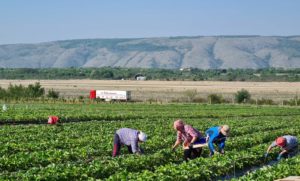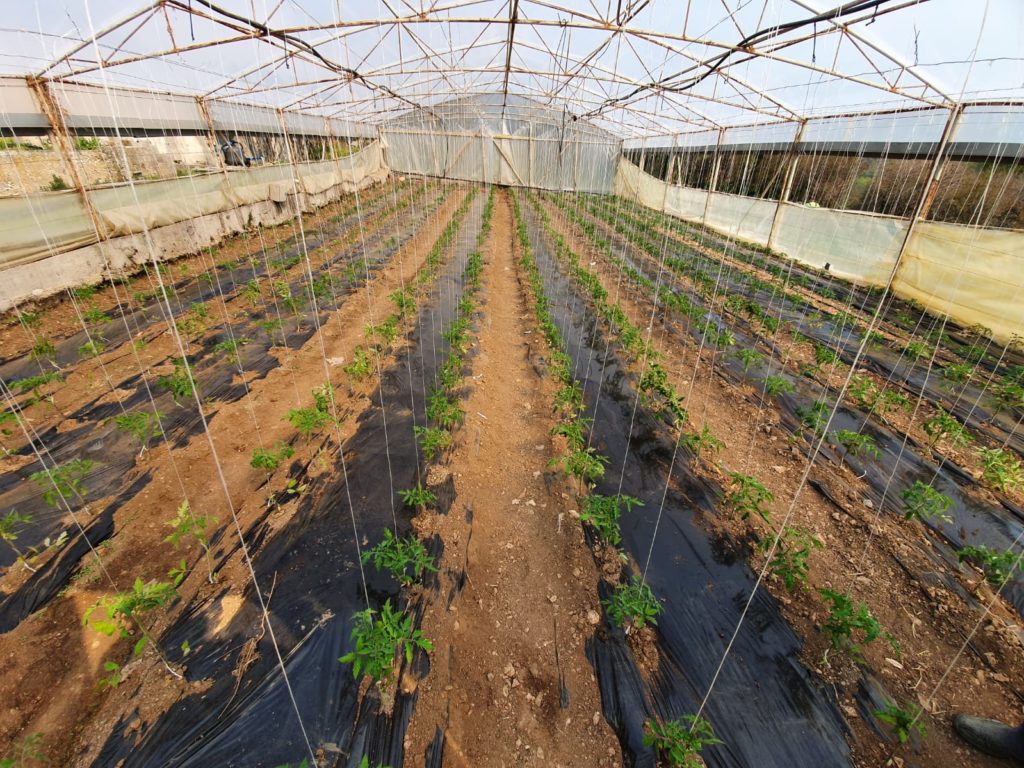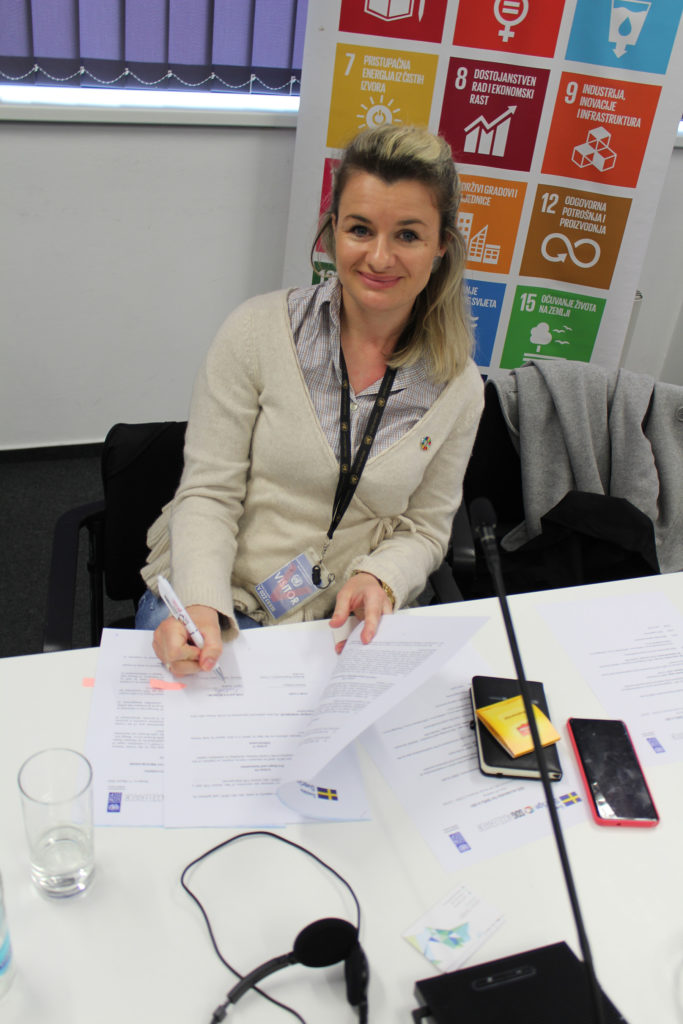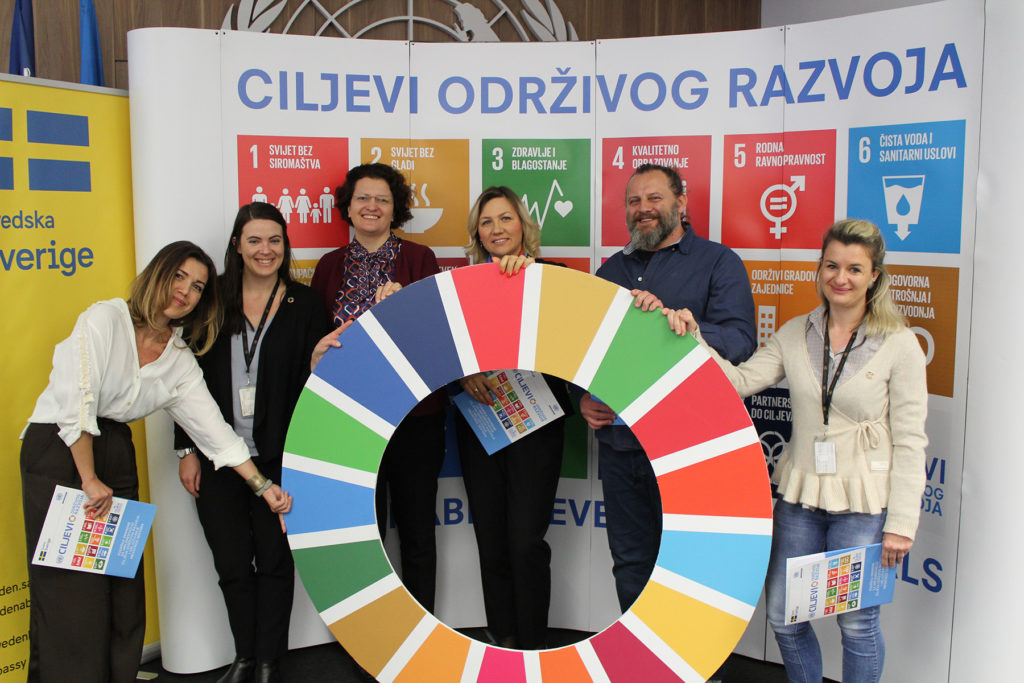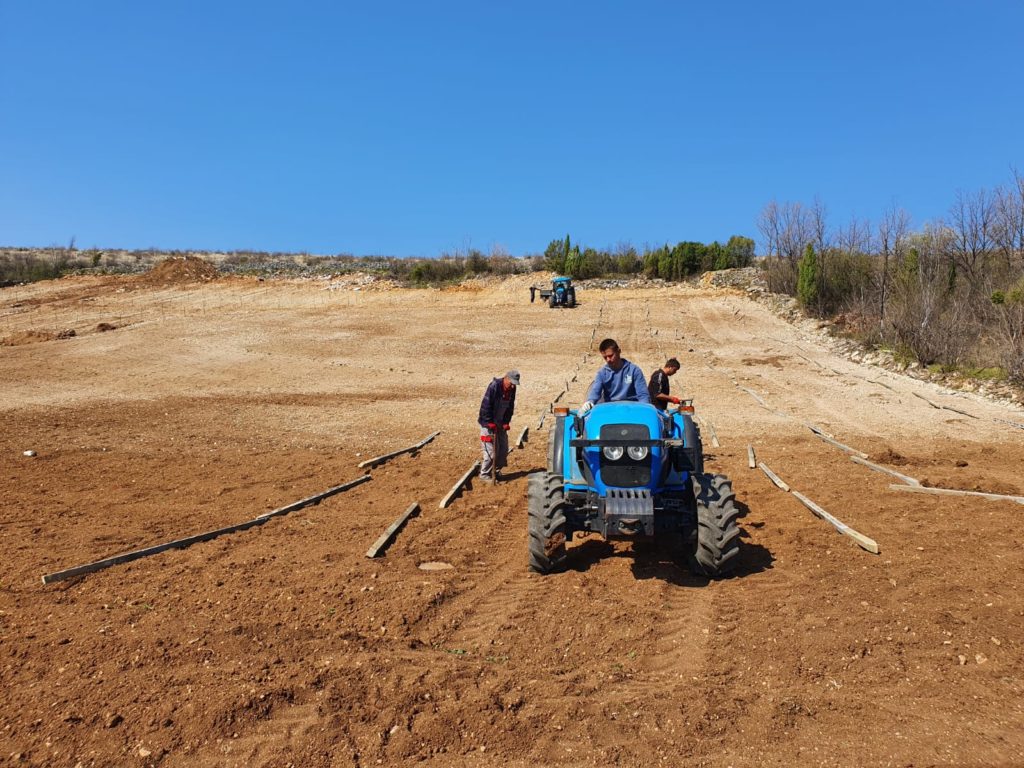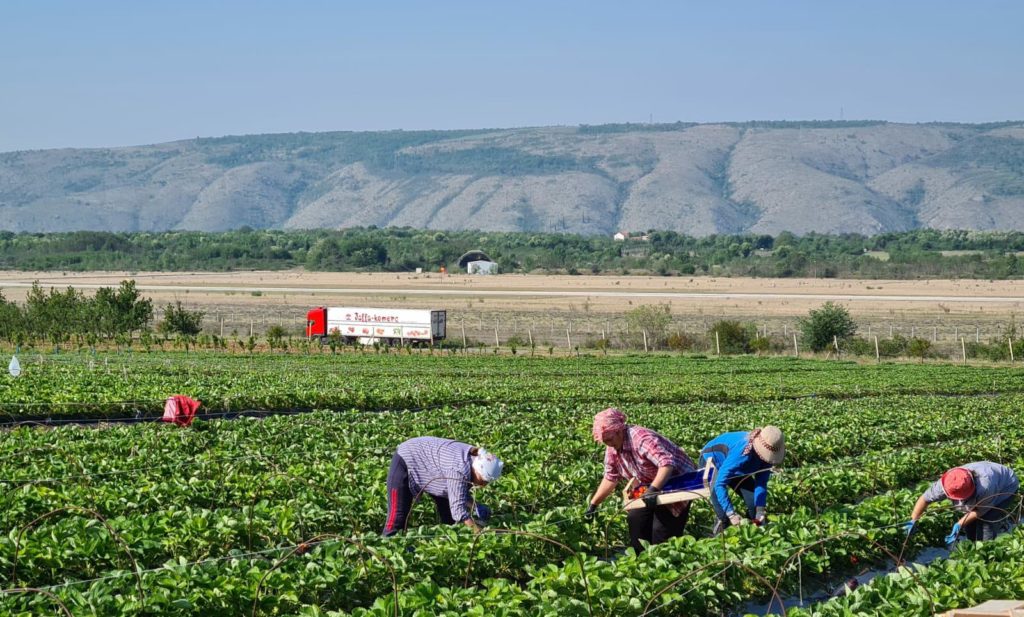
Pandemija koronavirusa, pored direktnih zdravstvenih posljedica, donijela je i brojne indirektne popratne efekte. Među njima su i poremećaji lanaca snabdijevanja te blokada međunarodne trgovine. To se direktno odrazilo i na Bosnu i Hercegovinu kroz povećane cijene različitih dobara, naročito voća i povrća.
The coronavirus pandemic, in addition to its direct health consequences, has also produced a number of indirect side effects. These include supply chain disruptions and blockages in international trade. All of these was reflected directly in Bosnia and Herzegovina through increased prices of various good, especially fruits and vegetables.
This has led many countries around the world to realize the importance of domestic production and investment in certain strategic industries. The first among them is certainly agriculture and food production. Jaffa-Komerc, one of five companies selected to participate in the SDG Accelerator for Small and Medium-Sized Enterprises (SMEs), an innovative project of UNDP in Bosnia and Herzegovina, has long recognized the importance of local food production. At the beginning of this year’s season, this company, as well as the entire BiH economy, faced a particular challenge due to restrictive measures imposed because of the coronavirus.
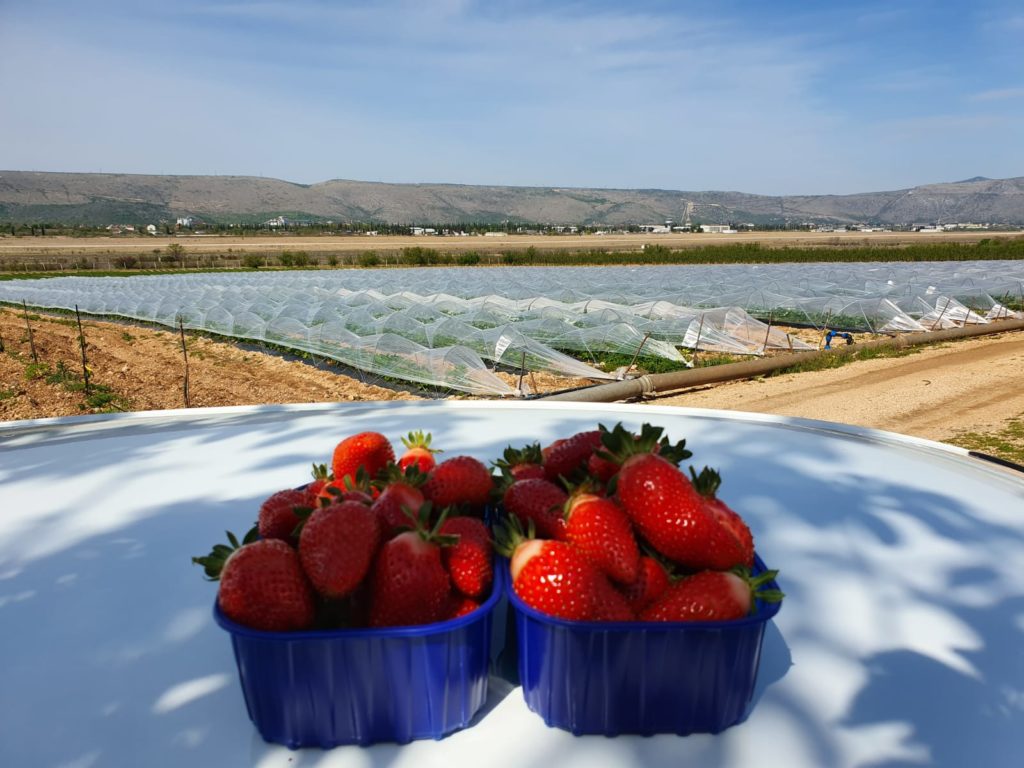
At no point did they entertain any doubts – while respecting all of the security measures, they, along with their employees, remained on a course of dedicated and responsible work. They believe that everything can stop for a longer or shorter period of time, but not food production.
On the Jaffa plantations near Blagaj, more than 75 hectares are planted with strawberries, cherries, peaches, nectarines, table grapes, pomegranates and apples. They employ 20 full-time workers and a large number of seasonal workers during the season.
“We are engaged in an extremely important sector of economy. In these types of situations, agriculture is coming to the fore. It was uncertain whether as a country we would be able to import food from other countries. As a society, we need to use the crisis and strengthen our agricultural capacities and minimize our dependence on imports. This topic should be regulated in the future. Enough fertile land, water, favorable climatic conditions, and knowledge – we have it all”, stated Nedim Badzak, director of Jaffa-Komerc.
Jaffa-Komerc Ltd. is a company with thirty years of experience in the production and trade of fruits and vegetables and is considered one of the leading in our country. It is one of the few companies that, even in the current, extremely difficult circumstances, has recruited new workers, most of them young people.
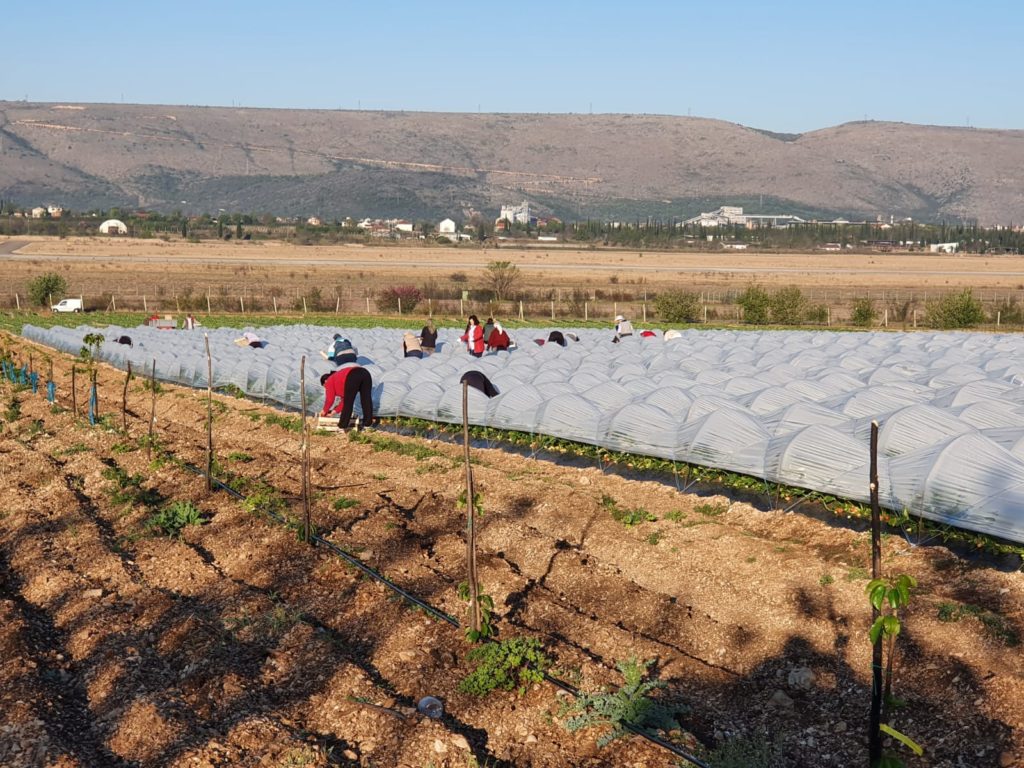
The firm has also intensified its planting plans for this year. This year, they planted more young potatoes, pumpkins and some other varieties than they have practiced so far, driven by the current situation. They are happy that more and more BiH’s citizens have increased awareness and are purposefully buying domestic products across Bosnia and Herzegovina.
“We also have big plans for tourism this year. We have built houses near plantations that, even during a pandemic, allow for an ideal holiday by the pool, the sun of Herzegovina and local produce. We have chosen the path of progression and continuation of work on significant agricultural projects that should have an impact on the entire agriculture of Herzegovina. We also remain committed to working with UNDP within the SDG Accelerator for SMEs in the hope that we will soon have another product that will be a novelty for our company”, added Nedim Badzak.
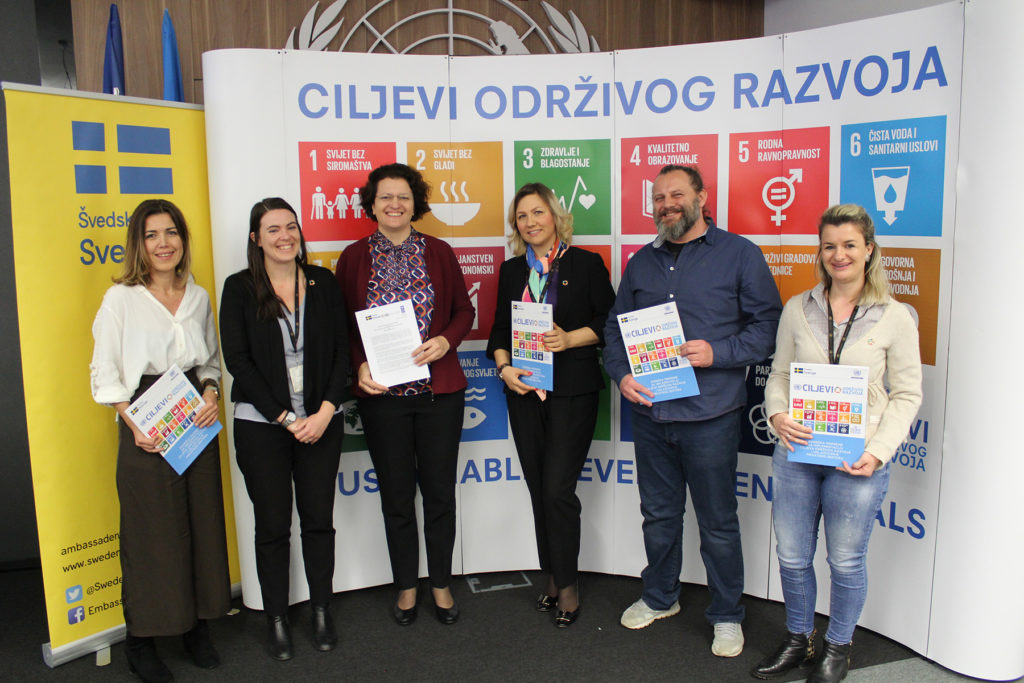
The SDG Accelerator for SMEs is part of the project „SDGs Roll-out Support and Private Sector Engagement“, implemented by UNDP BiH and financed by Government of Sweden. The concept was founded in Denmark, and was tested in 2018 and 2019 with 30 Danish small and medium-sized industrial companies.

